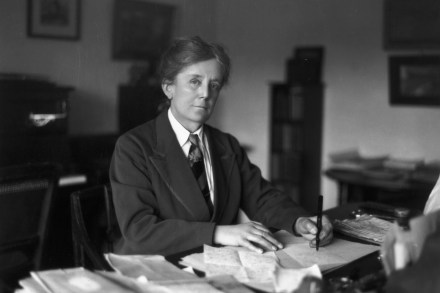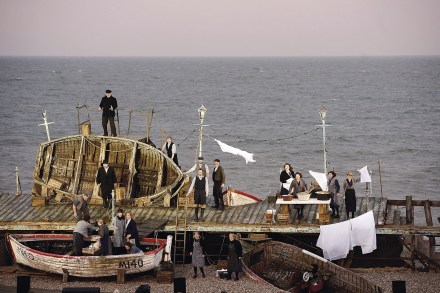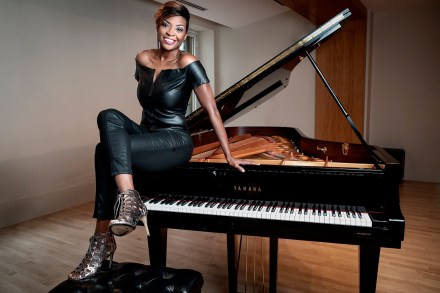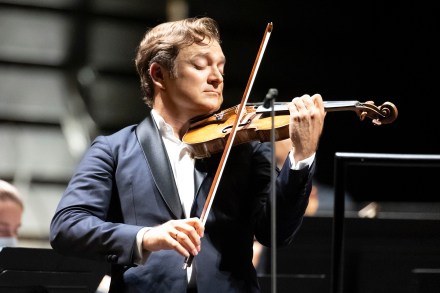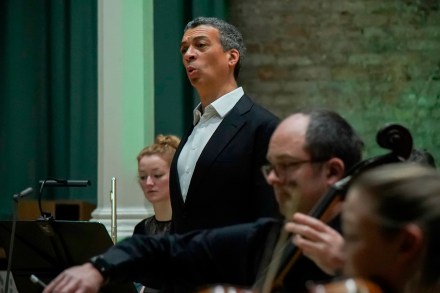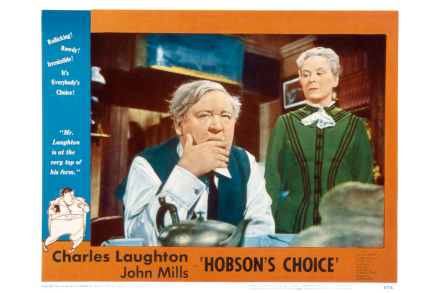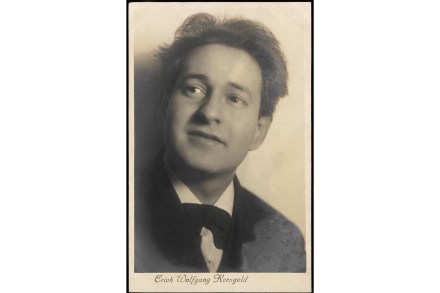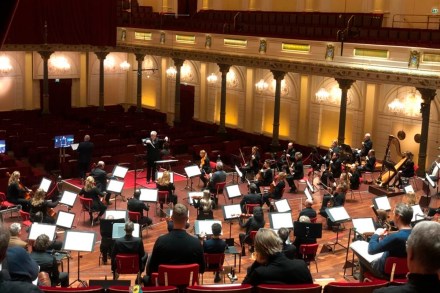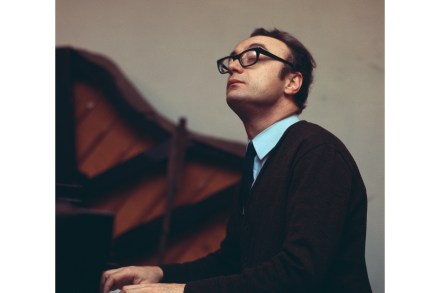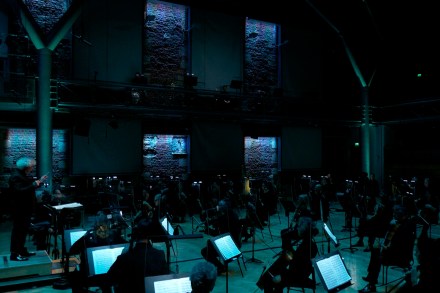Where to start with the music of Ethel Smyth
I’m reminded of an old Irish joke. A tourist approaches a local for directions to Dublin. The local, after much teeth-sucking and head-scratching, eventually replies: ‘Well, I wouldn’t start from here…’. The news that, 75 years after her death, English composer Ethel Smyth has won a Grammy Award for her last large-scale work The Prison is as excellent as it is unexpected. But it’s also frustrating because, well, if I were setting out into Smyth for the first time, I really wouldn’t start from there. A ‘symphony’ for soprano, bass–baritone, chorus and orchestra, The Prison was the 72-year-old Smyth’s final homage to American philosopher and poet Henry Brewster: librettist, friend,
